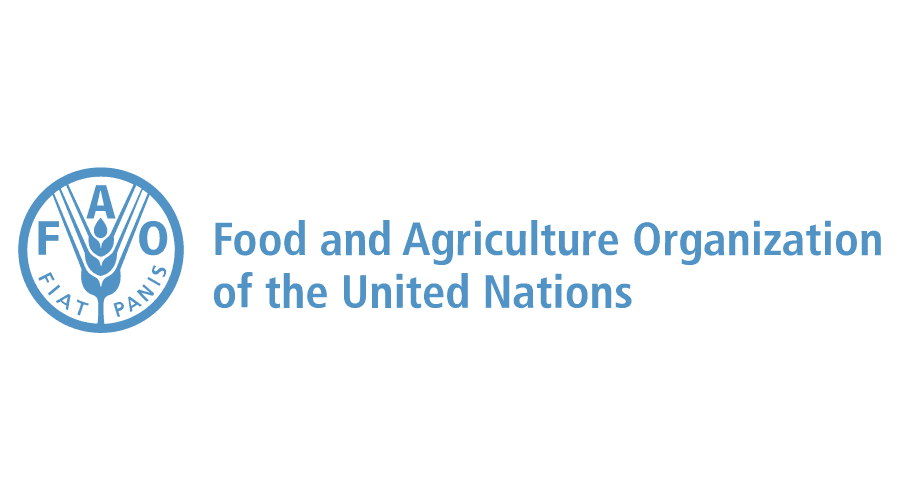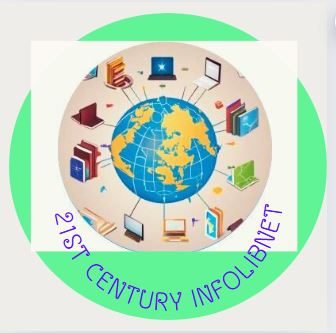
The Food and Agriculture Organization (FAO) of the United Nations has recently launched two online courses, AGORA and AGRIS, aimed at improving access to global online research in agriculture. These courses are part of FAO’s efforts to bridge the knowledge gap between high-income countries and low- and middle-income countries by providing affordable access to critical scientific research.
1. AGORA (Access to Global Online Research in Agriculture)
AGORA is one of the five programs that make up Research4Life, an initiative by FAO. It was launched in 2003 in partnership with Cornell University and leading science publishers worldwide. AGORA provides free or low-cost access to peer-reviewed journals and e-books in agriculture and related research domains to more than 3,400 institutions from over 115 eligible countries [1].
The main goal of AGORA is to enhance the quality and effectiveness of agricultural research, education, and training in low- and middle-income countries. By providing access to a vast collection of research resources, AGORA aims to promote innovation and knowledge translation across various sectors [1].
To register with the AGORA program, institutions need to meet eligibility criteria based on the country and type of institution. Individual registration is not available [1].
2. AGRIS (International Information System for the Agricultural Science and Technology)
AGRIS is a global, multilingual bibliographic database that connects users to a wide range of research and technical information on food and agriculture. It offers more than 10 million bibliographic records from over 450 data providers in 150 countries. AGRIS has been serving users since 1974, facilitating access to knowledge in agriculture, science, and technology [2].
The objective of AGRIS is to improve knowledge sharing, visibility, and access to agricultural sciences and technical content. It is a valuable resource for agricultural and research professionals worldwide, with over 400,000 users accessing its resources each month [2].
Benefits of AGORA and AGRIS
- Affordable access: AGORA and AGRIS provide free or low-cost access to a vast collection of peer-reviewed journals, e-books, and research resources in agriculture and related domains.
- Bridging the knowledge gap: These online courses aim to reduce the knowledge gap between high-income and low- and middle-income countries by providing access to critical scientific research.
- Enhancing research quality: AGORA and AGRIS contribute to improving the quality and effectiveness of agricultural research, education, and training in low- and middle-income countries.
- Promoting innovation: With research output booming in various regions, AGORA and AGRIS have the potential to promote research translation and innovation across multiple sectors.
Sources:
- AGORA (Access to Global Online Research in Agriculture) | AIMS [1]
- The Institute Techinformi of Georgian Technical University to Host Two-Day AGORA and AGRIS Workshop in 2020 [2]
Learn more:

